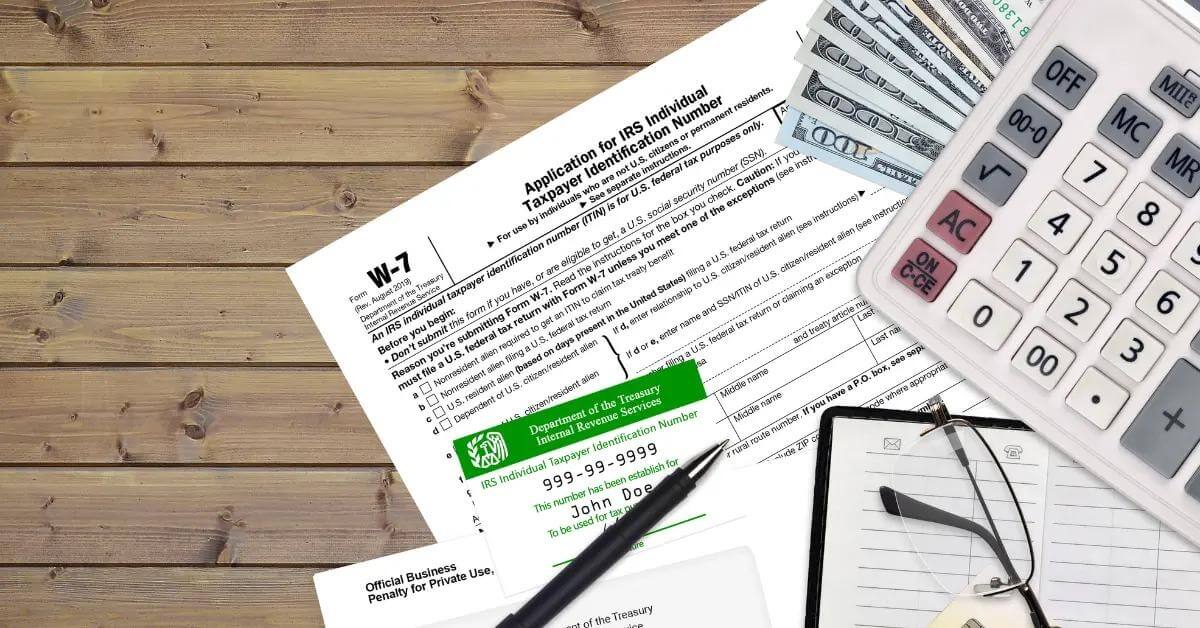Trying to manage lots of tax debt can be extremely stressful, overwhelming, and emotional. This is especially true if you’re experiencing a hardship that gets in the way. Common hardships may be a disaster that’s out of your control, like a hurricane or wildfire, or a financial hardship that impacts your ability to pay tax debts on time.
The IRS enforces tax regulations on the federal level, but each state also has its own set of laws about taxes. Taxpayers may be eligible for relief programs at both the state and federal levels if they’re having an issue paying the taxes they owe or are experiencing a severe hardship.
State tax relief hardship programs generally allow eligible taxpayers who have gone through a natural disaster or crisis in that state to avoid getting penalties from the IRS if they’re unable to pay. The IRS, a federal entity, created these programs, even though they can vary across states according to their own laws.
There are also a few other options, including payment agreements with the IRS, status changes, and credits, that provide much-needed tax relief during a hardship. This guide will cover who may qualify for a state tax relief hardship program and four ways you may be able to resolve your tax debt with the IRS.

Who May Qualify for a State Tax Relief Hardship Program
Going through a traumatic event or struggle may leave you unable to pay your tax bill or pay on time. You are already dealing with an emotional situation, and facing a huge tax debt makes everything worse.
The IRS created state tax relief hardship programs to provide an option when something happens that gets in the way of paying off your tax debt. Here are a few ways taxpayers may qualify for relief programs, though they can vary by state:
Natural Disasters
Disasters like hurricanes, tornadoes, wildfires, floods, and other catastrophes could mean you’re eligible for a tax relief program. Sometimes the IRS will automatically remove penalties or deadlines in certain states or counties when a crisis strikes a community. A hurricane that wreaks havoc on a town, forcing businesses to close and destroying homes, for instance, might leave many taxpayers living there eligible for relief.
Financial or Personal Hardship
The IRS considers a financial hardship to be when you’re having a hard time affording your basic living expenses, including food, clothing, housing utilities, transportation, health care costs, and more. Taxpayers must demonstrate that they wouldn’t have enough money left over to pay their tax debt after covering these living costs. Economic hardships thus need to be pretty severe.
The IRS will look at all of your sources of income, including wages, interest, dividends, self-employment income, and real estate profits, among others, to determine whether you qualify. They may also compare income to local and national living cost averages.
Sometimes both federal and state tax obligations may be eligible for relief programs. Remember that nine states don’t implement state income tax: Alaska, Florida, Nevada, New Hampshire, South Dakota, Tennessee, Texas, Washington, and Wyoming. Taxpayers in these states still must pay federal taxes, though, and may qualify for a federal relief program.
You always need to be sure to evaluate the laws of your state to understand your eligibility for such programs. Working with a tax attorney is always wise when you’re not certain of your responsibilities or options.

4 Ways to Resolve Your Tax Debt
The IRS gives you a few options for tax relief if you find you can’t pay what you owe and are experiencing a hardship. One thing you shouldn’t do is decide not to file because that will just lead to penalties and other problems. Here are some better options:
1. Offer in Compromise
The IRS may grant an offer in compromise to certain taxpayers if they can’t pay the full amount of tax they owe. These are agreements that allow the taxpayer to legally pay a reduced amount. They often benefit both parties: The IRS can recoup at least some of the money owed to them, and the taxpayer gets an affordable payment.
2. Currently Not Collectible Status
The IRS may also grant you currently not collectible status, which means they put a hold on collecting taxes from you. It’s only a temporary pause, however, and you must pay what you owe once your financial situation improves.
3. Installment Agreement
Another option is an installment agreement through which an eligible taxpayer pays monthly payments until their tax debt is covered. The IRS agrees to a certain amount that must be paid and the taxpayer won’t get any extra penalties as long as they meet the terms of the agreement.
4. Disaster Credits
Often the IRS will announce tax benefits for specific disaster victims. These benefits may include tax deadline extensions, deductions, or credits. A recent example is the Taxpayer Relief Initiative to help those struggling during the COVID-19 pandemic.
Some natural disasters automatically cause the IRS to provide tax assistance, and others require the taxpayer to apply when experiencing a hardship. It’s not always easy to understand your state’s specific laws for how it handles hardships, so talking to a tax professional will point you in the right direction.

Contact a Tax Expert With Questions about Your Hardship
All Americans are required to do their part in paying taxes each year, but sometimes a situation arises that just makes it impossible to pay what you owe. Silver Tax Group can give you the help you need when you’re going through a challenging time. We know the ins and outs of state and federal tax laws, so we ensure you’re taking advantage of every program, credit, or deduction you’re eligible for.
Each state’s laws vary, and you never want to guess what you’re supposed to do. Our team breaks it down for you and helps you find a fresh start forward. Reach out to our team to speak to a tax expert about a state tax relief hardship program.








